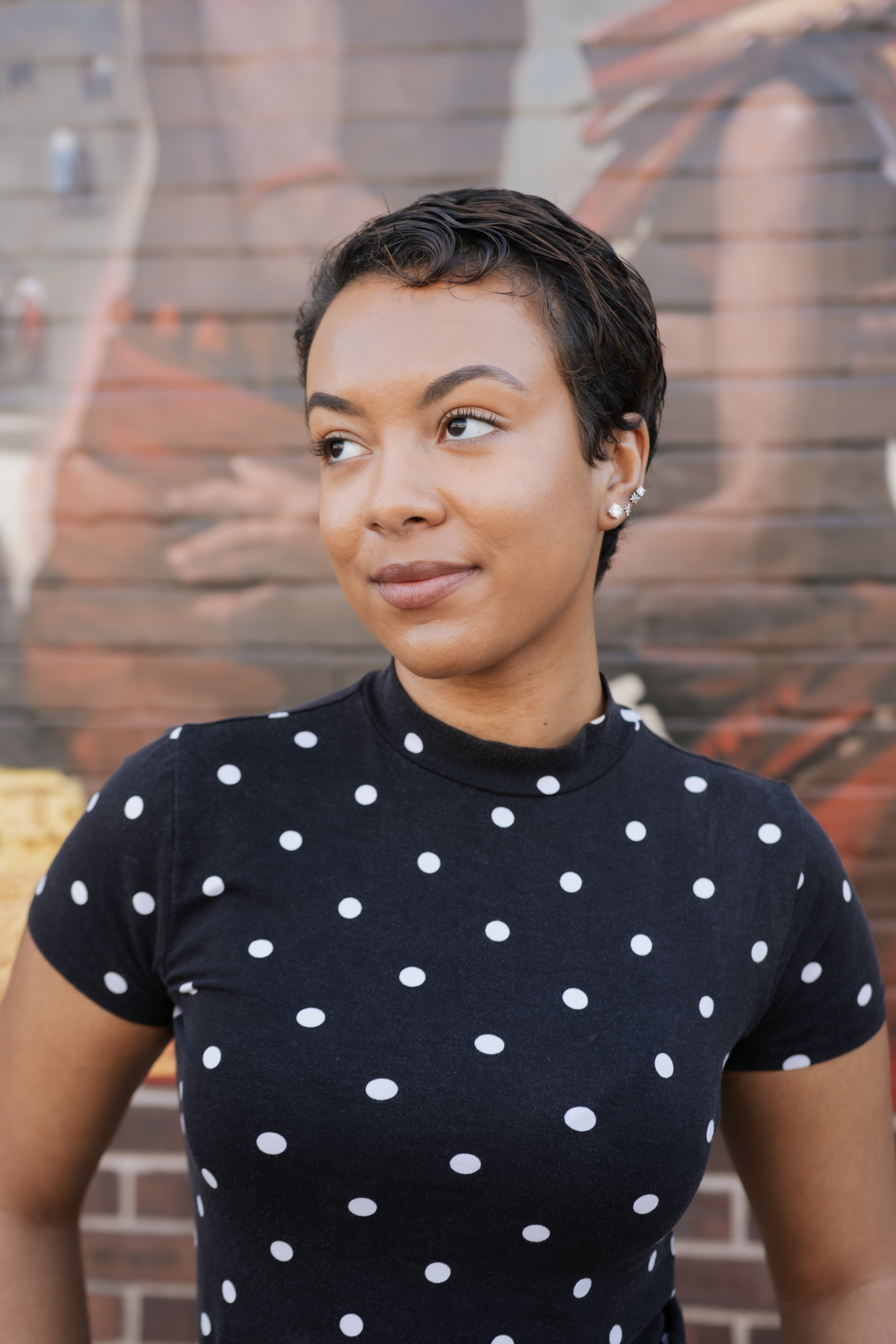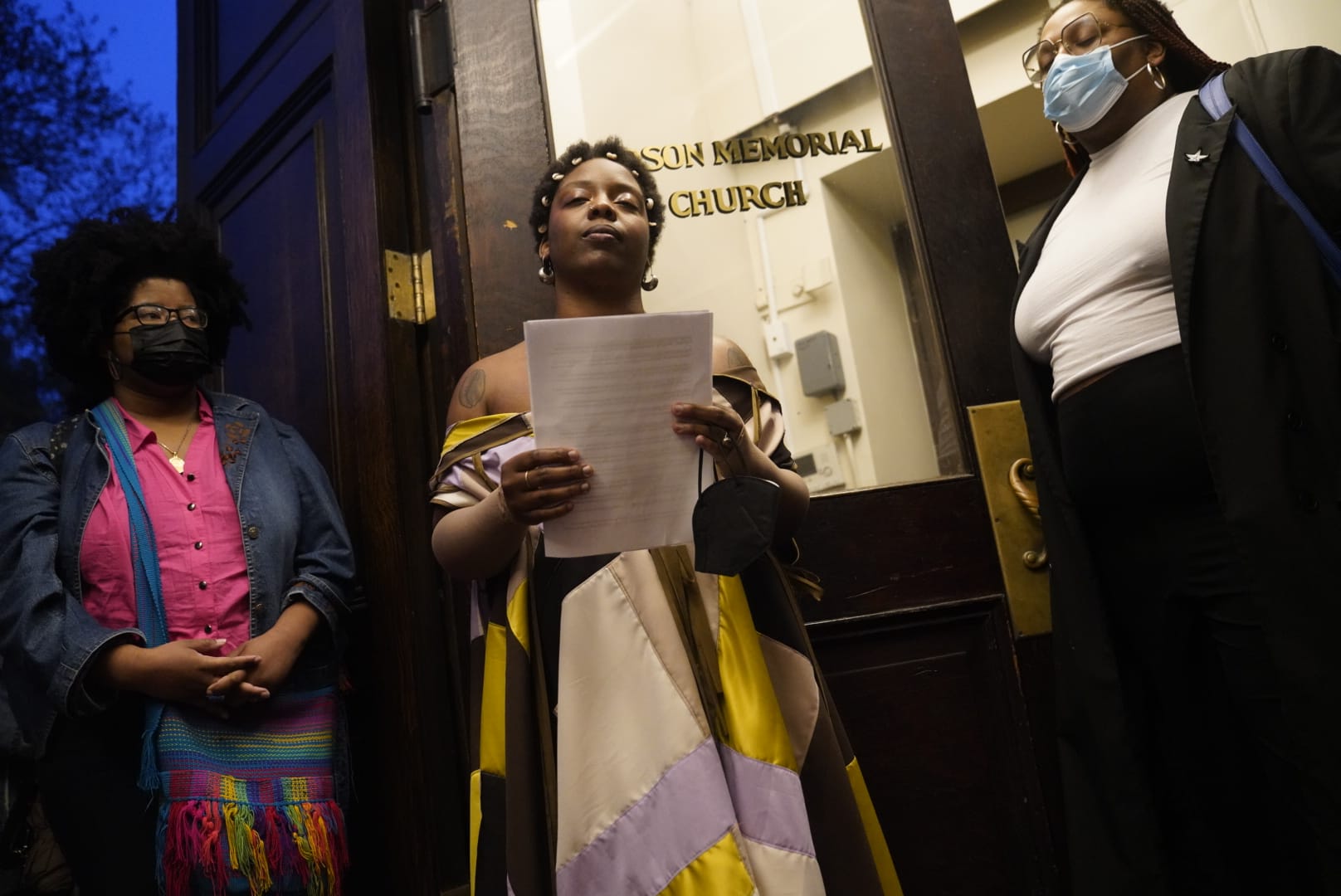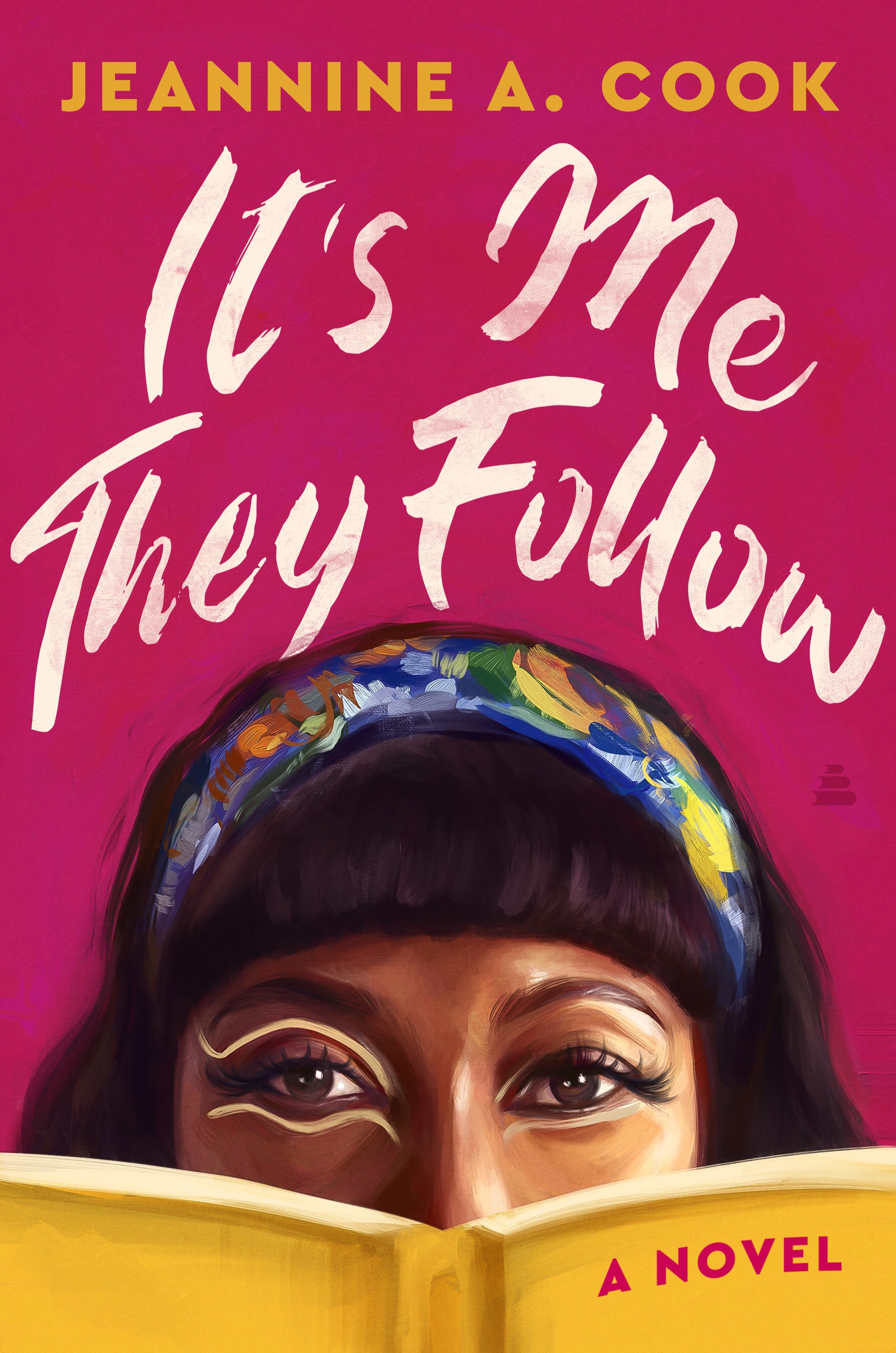All Is Fair In Love and Sin
Ryan Coogler’s Sinners features female-led performances exploring Black women’s sexuality, inviting audiences to rethink love, desire, and societal judgment.
Following the release of Ryan Coogler’s sixth studio film “Sinners” which features multiple female led performances, including Jayme Lawson, who plays southern belle, Pearline. While there have been multiple thinkpieces and questions surrounding the status of her marriage given her involvement with the film’s protagonist Sammie Moore, aka “Preacherboy,” Pearline invites the audience to let go of their inhibitions with a dynamic approach to how we view Black Women embracing their sexuality. After she has sex with Sammie in the film, we see her get a second wind with a ferocious voice that gives the audience her performance of “Pale Pale Moon,” and what Black women often get shamed for doing— embracing their full sexual beings.
There has been a term used in the ongoing Sinners film discourse about whether or not Pearline made responsible choices with Sammie, which refers to “Jezebel,” or “Jezebel Spirit.” According to an article from AP that highlights the term also used to critique former 2024 presidential candidate Kamala Harris running for President called “What’s a ‘Jezebel spirit’? Some Christians use the term to paint Kamala Harris with a demonic brush,” by Isabella Volmert and Michelle R. Smith, “The concept is inspired by the biblical story of the evil Queen Jezebel, who persecuted prophets and was punished with a horrible death. The word “Jezebel” was used during slavery and throughout U.S. history to describe Black women, casting them as overtly sexual and untrustworthy. “Ultimately, this was the OG version of “slut shaming,” which can deny the fullness of Black womanhood, in embracing the messy, work in progress of oneself, and lead to multiple forms of violence.
Against the odds society has stacked against her, Pearline, in the film unravels before our very own eyes. The true nature of Pearline at her most raw relies on her body language to communicate her emotions and habits. At the beginning of the film in the train station, she meets Sammie, she saunters away through the sway of her hips after Sammie asks if she is happily married. Pearline is timid but still teeming with an illusive and sultry nature that foreshadows her true desires.
Pearline is a dynamic character that offers a moment for pause given the arc of her story. Viewers can speculate based on her shifting intentions that she may have been corrupting the influence of Sammie by never truly rejecting his ongoing advances, but yet still could be receiving less grace from the way her character arc is written than Sammie and his naive yet bold intentions of pursuing Pearline despite the potential age gap between them.
Through other characters who navigate balancing between desire and logic in shows like ABC’s How To Get Away with Murder through protagonist Annalise Keating. Annalise is a renowned attorney who has several affairs during a failing marriage and tumultuous career as a lawyer and professor, while navigating severe alcoholism. HBO Max show Industry which dives into the high stakes of the financial industry through the lens of Harper Stern, a financial trader and broker in her mid 20s who lands major multimillion dollar trades and lucrative funds while hiding not graduating from college and on the run from her past. What Pearline, Annalise and Harper have in common is the fact that they can say in response to judgement of life choices, it’s my mess and I like it that way.
The audience isn’t left to think that Pearline is making up this story. Despite that we, the audience, may not see a wedding band on her finger at any point in the film, and still proclaims her marriage, she boldly decides to go against society norms as she introduces the second act of the film. Sammie performs the sexual pleasure act of “munching” (as the kids would say,) otherwise known in official terms as cunnilingus on Pearline, after his cousin Stack gave him a few ideas and tips while they were driving through the plantation in the cotton field. Soon after Sammie goes down on Pearline, her body language suddenly shifts again when she howls at the beginning of another major musical moment with the song “Pale Pale Moon,” when Pearline’s character suddenly is crawling on all fours, the entirety of her body slithers onto the floor, using the entire stage to come alive.
Pearline demands a dynamic that women, particularly Black women, don’t really get to embody in film— unabashedly sexy and messy. Pearline, crawling on the floor on all fours, mimicking a feral wild animal, howling and screaming and jumping. Through this song, another dynamic moment between Stack and Mary also indulge in having sex with each other, unknowingly to the demise of Stack’s mortality after Mary turns him into a vampire, following her death by Remmick the vampire. The scene presents a clear juxtaposition of the phrase “what is done in the dark, may be brought to light.”For Mary and Stack, their relationship comes to a head when they both embrace their love and lust for each other, while Pearline grants permission through the full moon that shines over the Juke Joint to release and let yourself be free, which actress Jayme Lawson highlights in an interview with The Movie Report “Her only way of having expression and freedom in the world is through these pop up Juke spots…”
Pearline’s character is similar to other Black women in television like Annalise Keating from How to Get Away with Murder, Harper Stern from Industry. These Black women portrayed in the media can counter pose other examples of devoted, God-fearing wives and girlfriends that may reinforce systems of heteronormativity and patriarchy that can limit sexual freedoms of Black women (cough cough, Tyler Perry.) Even modern examples like Isa Dee from Insecure allow audiences into authentic character arcs that don’t have to position Black women being strong or the savior of their white or male counterparts. What these characters accomplish on screen is allowing for newer characters we typically don’t see on film or television embracing a fullness that isn’t discussed with womanhood, particularly Black womanhood.
In current times, with a regression in exploring sexual freedom, and a rise in critiques of “lacking traditional values,” in women in film and TV. Instead, Pearline sets the tone for those who are learning to embrace their own self and embrace the flaws of not compromising your own sexuality at the expense of comforting others. In a world that denies Black girlhood and Black women becoming their own selves, Pearline flips the script and allows viewers to be seen in their fullness.






